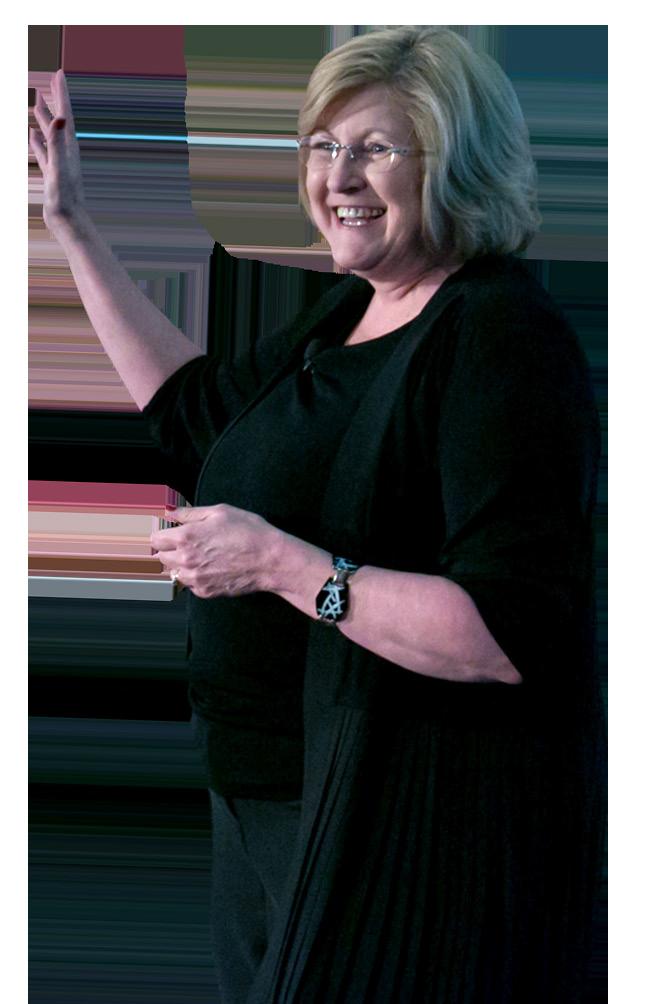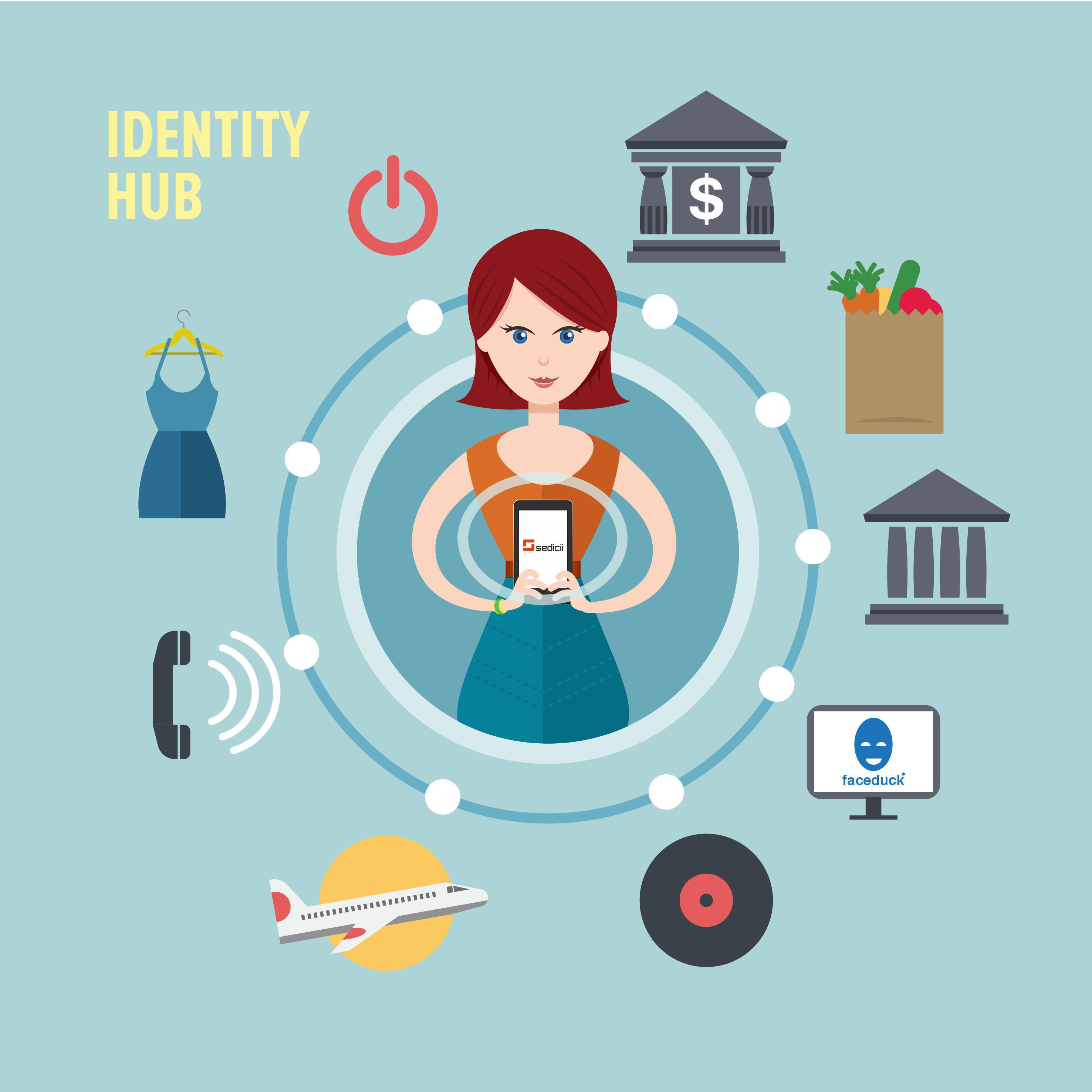
5 minute read
SHOUTOUT TO THE LEADERS OF TOMORROW, THE WOMEN WHO DARED TO DREAM
Starting a business and taking on risks and responsibilities, that come with entrepreneurship is challenging enough for any man and even more so for a woman. A woman entrepreneur is a woman who shows initiative; is perceptive and has a keen eye for opportunities; is willing to take risks, and can generate employment opportunities for others and create wealth with her entrepreneurial skills and innovative thinking. She supports entrepreneurship development in various spheres of life, in particular in business, in small and medium-sized as well as large organizations. Making a decision to start a business is not easy because the first stage of starting a business is the most challenging stage of an entrepreneurial career fraught with typical economic and financial risks. Globally, one in ten women is self-employed and it is estimated that women own and manage up to one third of all businesses in developed countries.
One should consider entrepreneurial motivation from two perspectives: economic and psychological. Entrepreneurial motivation, as a result of the psychological construct of a person, is considered to be the main factor that enhances the ability of individuals to achieve their goals. To evaluate entrepreneurial motivation, which is an attitude formed out of objective and subjective components, it is necessary to determine the needs and their origin on the one hand, and on the other, further characteristics of an entrepreneur such as biographical characteristics, education and training or perception. Moreover, entrepreneurs are generally expected to provide income not only for themselves, but for others as well. In addition to wanting to remove the discouraging factors, women are motivated to undertake entrepreneurial activity primarily by the type of work they wish to engage in. A positive attitude towards controlling one’s own behavior significantly influences the decision to start an entrepreneurial venture. Therefore, it is more likely that people with a high internal locus of control will have a higher tendency towards entrepreneurship than those who attribute their behavior and outcomes of events to fate.
Advertisement
An entrepreneur is defined by his attitude, personality traits, habits, and behavior, as well as motivation. A person’s values will shape his or her strategic decisions and thus indirectly influence his or her attitudes and behavior.
Decision to engage in an entrepreneurial venture:
Motivation is a generic term for all internal factors that combine intellectual and physical energy, initiate and organize individual activities, and direct and channel behavior. Motivational factors are a common thread connecting women entrepreneurs and the driving force that makes them want to conquer the unexplored. Motivations are also the means by which to reconcile the conflicting needs or emphasize one need over the other in such a way that it is given a priority over other needs. Motivation should therefore be considered a woman’s personal matter, but although it is individual, there is a combination of factors, or motivations, which is believed to be typical of women with an entrepreneurial urge. Emphasizes the need for independence as a primary motivation of entrepreneurs.
Main motivations which support the assertion that women are intrinsically motivated are the desire for independence, selfactualization and internal control, challenging assignments, an opportunity to develop skills, and experience and control own destiny. Women engage in entrepreneurship mainly in order to build a successful business career, and that no environmental force drives them as much as their desire to achieve their business goals. Thus, it can be concluded that women become entrepreneurs because they choose to, and not because it happens as the result of circumstances.
Personality traits are key drivers of entrepreneurial behavior and perhaps, as a dominant factor more distinct in entrepreneurs than in other people. Nevertheless, psychological factors and personality traits alone cannot fully explain a woman’s decision to become an entrepreneur. Such a decision is a result of the economic conditions, cultural context, as well as intrinsic and extrinsic motivations, individual (sociodemographic variables) and environmental factors. Motivation plays an important role in an entrepreneurial venture and can thus be considered as a valuable “resource. times is surprising to me because I enjoy antiques and history. As a colleague put it, back to the future for me.
It is time for women to no longer be considered a special group that needs help and support because more and more of them are running large corporations and, despite the powerful men surrounding them, they are managing to survive in a highly competitive environment. They do not deny the existence of the work-family conflict but they are trying to maintain a balance the best they can.

Transcending Adversities
Connie is of the opinion that many of the challenges faced by women occur in corporates or as an entrepreneur. In her personal experience, at one time she believed there was a glass ceiling, and she even taught collegiate programs on this subject. But she believes the view from the ceiling has changed and that today women have opportunities to shatter the glass ceiling and make it theirs. She believes that many of these challenges continue to exist, but the most prominent challenge she sees is women worrying they’re not enough and are becoming obsessed with perfection and thus, failing to perform.

She admits she had the Impostor syndrome. Although, she left a position as a CEO of an organization, she felt unworthy. She expresses that initially her ego led her to believe that anyone would want to work with her. She applied for positions from Maine to Miami and found no positive response. Then her recruiter and husband suggested she complete her college degree. Considering that advice, she went back to school and completed her Bachelor of Science in Business and later went onto earn her Masters of Public Administration.
“The degrees permitted me the confidence to start my own business and here I am starting my twelfth year and never looking back.” Connie expresses.
Advising the future generation of entrepreneurs, disregarding the gender bias, Connie states that “As women if you want to be treated equal then you need to work hard and surround yourself with successful entrepreneurs.” She recommends creating networks, hiring a coach, or joining a mastermind group. “You will be surprised to learn there are many entrepreneurs offering the same programs and products as you. You must begin by identifying your Unique Selling Proposition (USP),” she adds.
She also advises on not trying to be better, but focusing on how you are different and sticking to it. “Remember Stick-a-bility, the one who sticks to his/her focus longer, wins. Secondly, you can’t do it alone. It does take a team and embracing diversity because, that is the only way you will learn how to play the game of a successful entrepreneur,” Connie asserts.
Beholding the Future
As a smart entrepreneur, Connie has her future designed and has already begun the shift in the business. Her online platform for radio has a greater presence with the Connie Pheiff Show and online TV. She has reduced her speaking engagements in order to increase her coaching and the reason for founding the Activate Community, where she is able to provide today’s lifestyle business leaders, the tools to activate faster; and the PG Speakers Bureau where her team of experts work with clients to build a successful practice.
Connie still enjoys speaking and her success in the spotlight, but she is at a stage in her life where she prefers to serve others and help them find their success. Her five-year goal is going home to the Great Smoky Mountains where she and her husband plan to build a conference and training center for lifestyle entrepreneurs.











